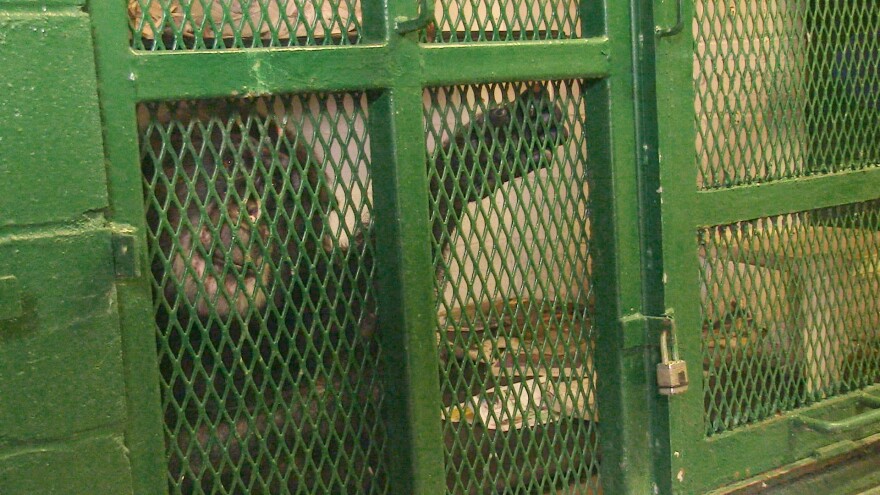Should chimpanzees -- humanity's closest living relatives in the animal kingdom -- have the same rights that you do?
A South Florida attorney says they should. And while Steven Wise hasn't gotten a judge to agree with him yet, he did get a New York State Supreme Court justice last week to admit that the idea was "extremely interesting and well argued."
Wise is the founder, president and chief litigator of the Coral Springs-based Nonhuman Rights Project, a non-profit that claims to be the only organization working to gain legal rights for certain species of animals.
In Manhattan Supreme Court last week, Wise told Judge Barbara Jaffe about his clients, Hercules and Leo – two research chimpanzees housed at Stony Brook University on Long Island. Wise was seeking a writ of habeas corpus for the chimps, which he says are being used for locomotion studies at the university.

In the U.S. justice system, habeas corpus is usually used to review the legality of a party’s arrest, imprisonment, or detention. Wise argues that chimpanzees’ status as autonomous, self-determining beings entitles them to the writ.
“In New York, if you’re in a hospital and you need lifesaving surgery or meds and you say, ‘I don’t want them,’ the courts will respect your autonomy and self-determination,” says Wise. “It’s just that there are other beings that are also autonomous and who can self-determine, and these include Hercules and Leo.”
The judge in last week’s proceeding made no ruling. So Leo and Hercules remain at Stony Brook. But Wise still hopes that the judge will order the chimps released and sent to Save the Chimps, a refuge for retired research and performance chimpanzees located in Fort Pierce.

Meanwhile, The Nonhuman Rights Project continues fighting for the release of two other chimpanzees, Tommy and Kiko, both of which belong to private owners in New York.
A recent Gallup Poll shows almost a third of Americans, 32 percent, believe that animals should be given the same rights as people.





